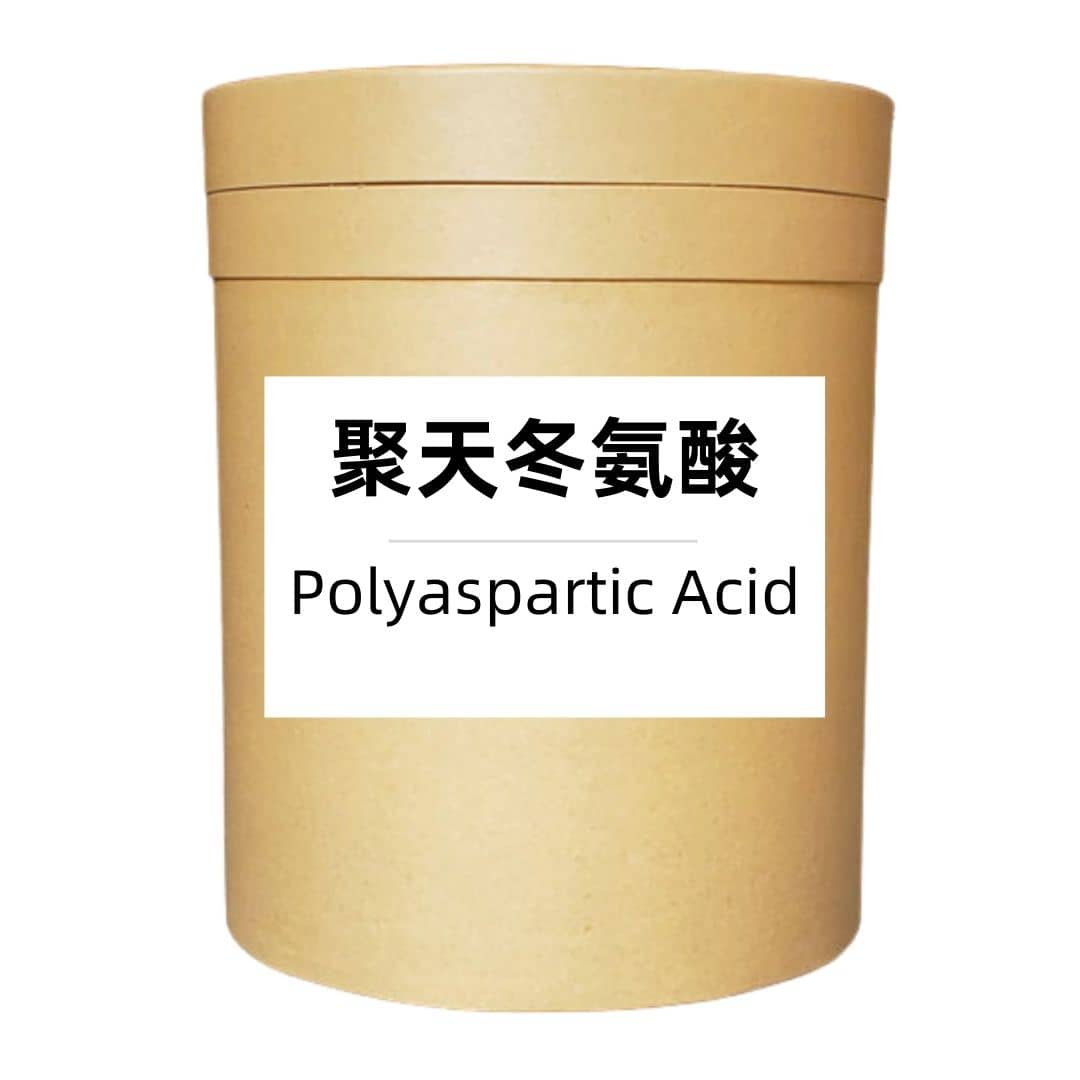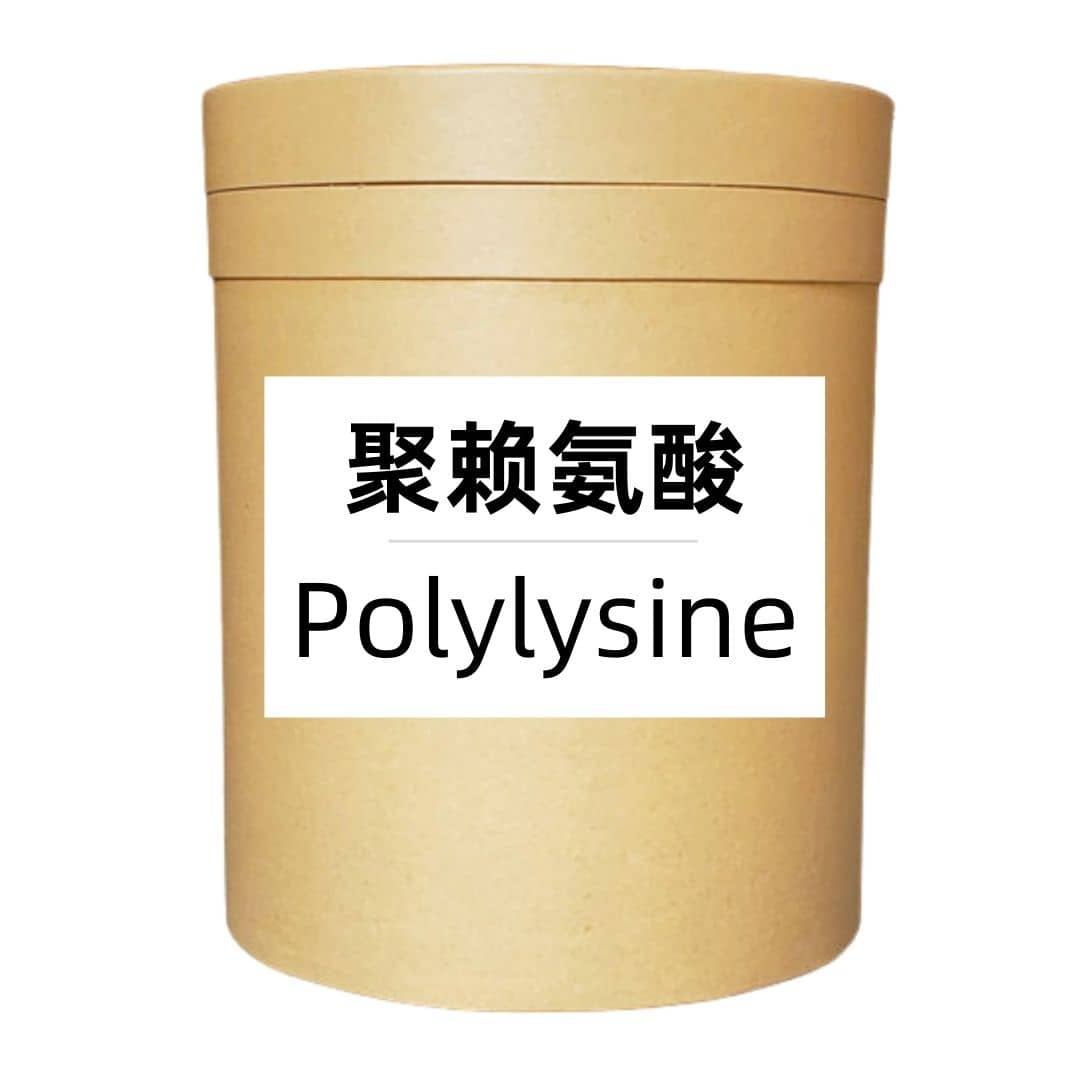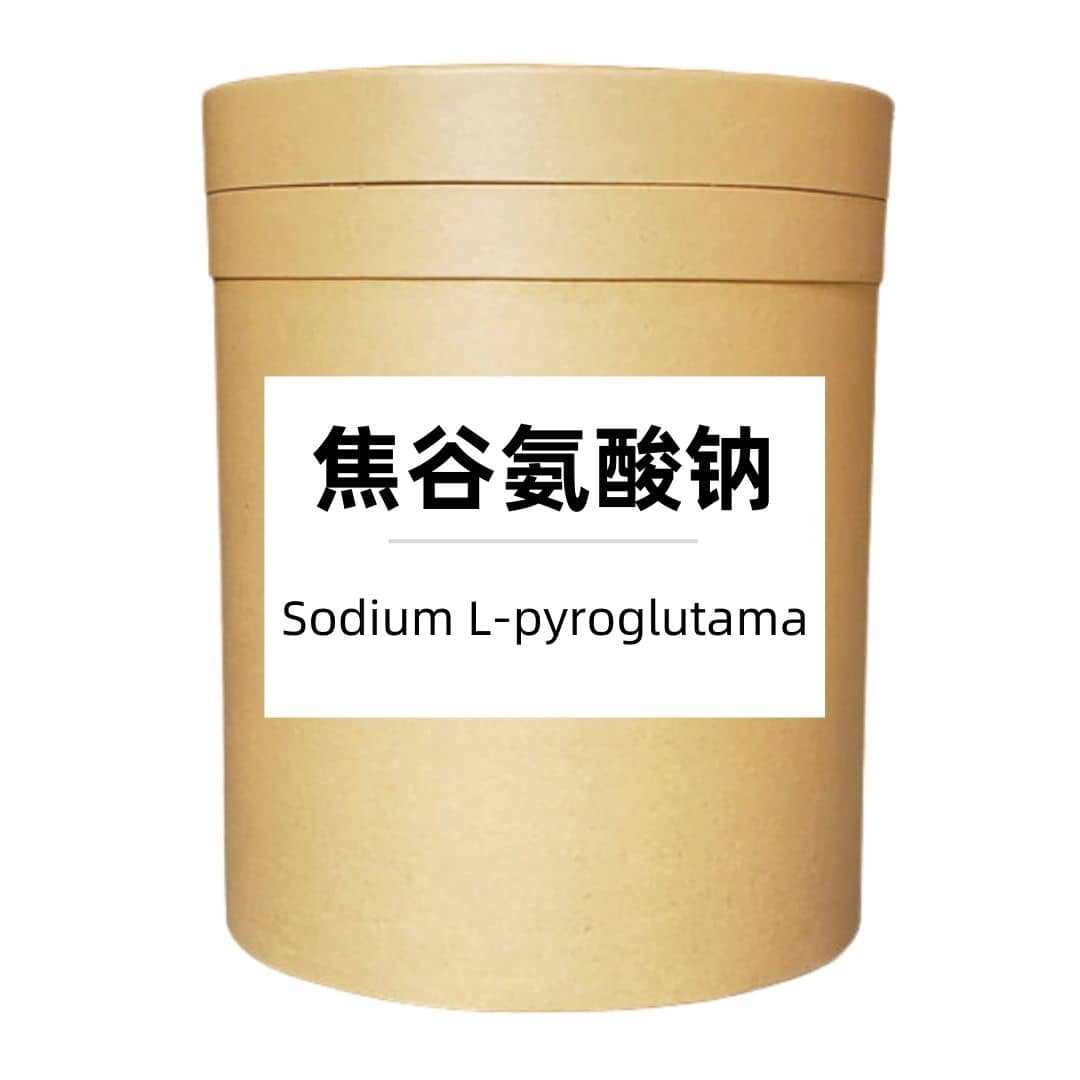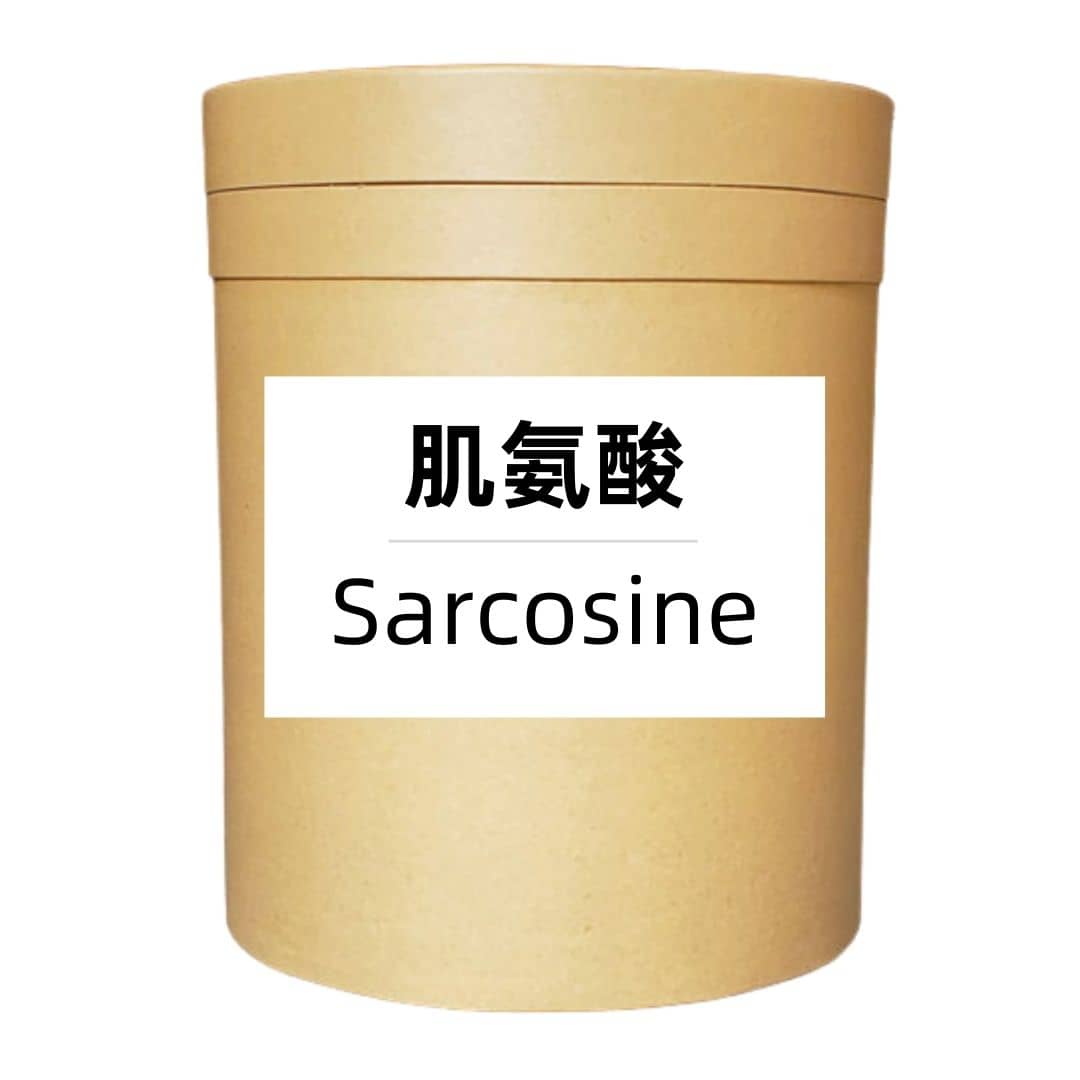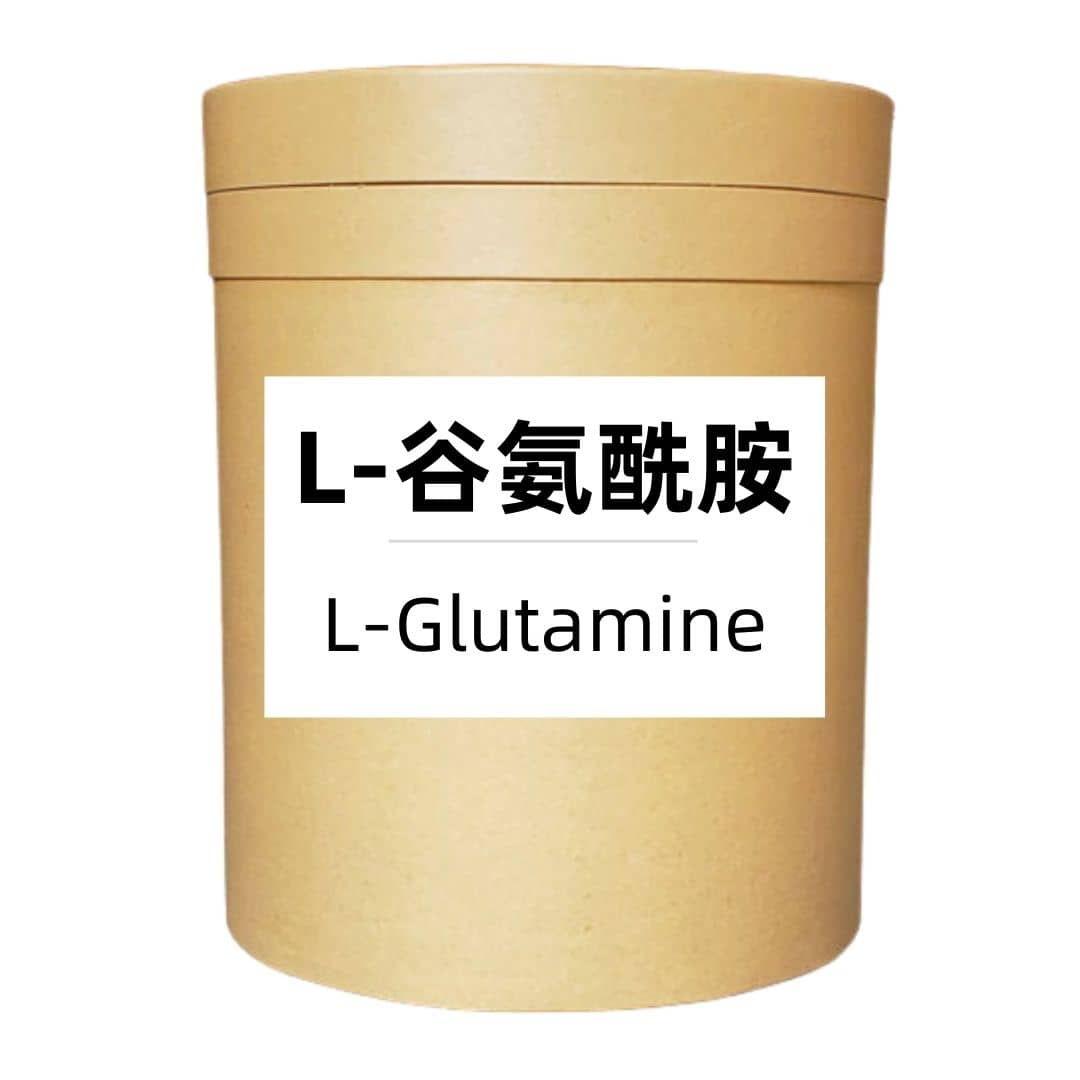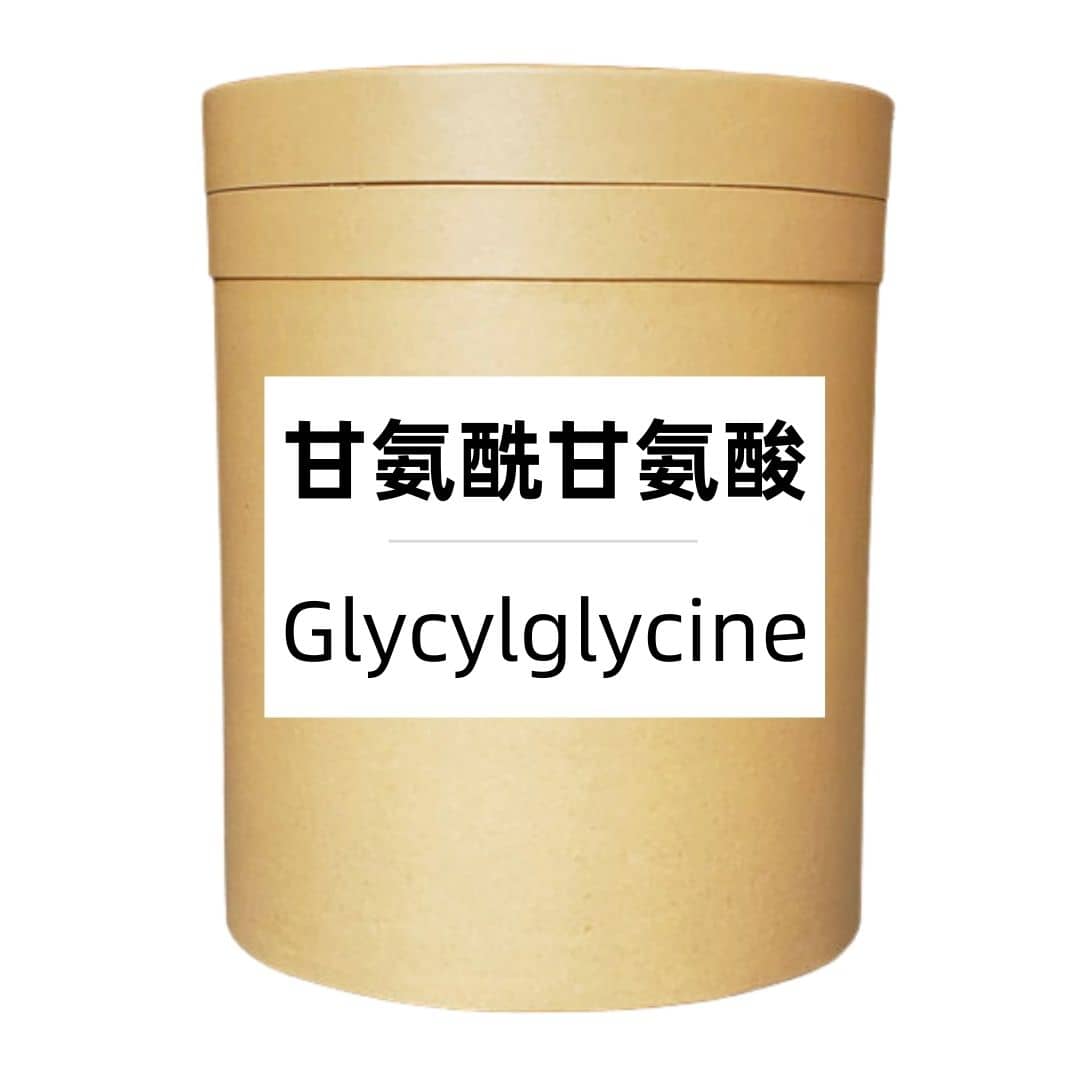Product Introduction
D-lysine is an essential amino acid, meaning it must be obtained from dietary sources. It is a variation of the natural amino acid lysine, which plays an important role in various biological processes. D-lysine is often used in supplements that aim to support health in multiple ways. Its importance in the body includes supporting protein synthesis and helping with calcium absorption, among other functions.
Production Process
The production of D-lysine typically involves fermentation processes using specific strains of bacteria or yeast. During fermentation, the microorganisms convert substrates into amino acid products, resulting in a pure form of D-lysine. This method ensures a high level of purity and quality, making it suitable for further applications in various industries.
Effects and Functions
D-lysine is recognized for its role in protein synthesis, which is vital for cell function and repair. It also contributes to the metabolic pathways related to energy production. Some studies suggest that D-lysine may help in reducing the frequency of herpes outbreaks and play a role in supporting the immune system. Moreover, it may assist in improving calcium absorption and maintaining bone health.
Application Scenarios
D-lysine is commonly used in dietary supplements, especially those targeting specific health benefits. It is also found in pharmaceutical formulations that require amino acids for effective therapy. In animal nutrition, D-lysine is utilized to ensure the adequate growth and health of livestock, especially in formulations for feeds or additives.
Packaging and Storage
Storage Conditions: The product should be sealed, protected from light, kept away from high temperatures, and stored in a dry, cool, and well-ventilated place.
Packaging: Bulk: 25 kg per fiber drum. Sample: 1 kg per aluminum foil bag. Custom packaging is available upon request.
Shipping Methods: FedEx, DHL, dedicated logistics, and sea freight consolidation.
Shelf Life: Two years.
Monica Sun possesses extensive technical expertise and market insights in the food additives industry. She excels in designing efficient and safe additive formulations tailored to various food applications, ranging from sweeteners to functional dietary fibers. Monica has successfully assisted food manufacturers in optimizing ingredient combinations to enhance product quality and improve consumer satisfaction.









